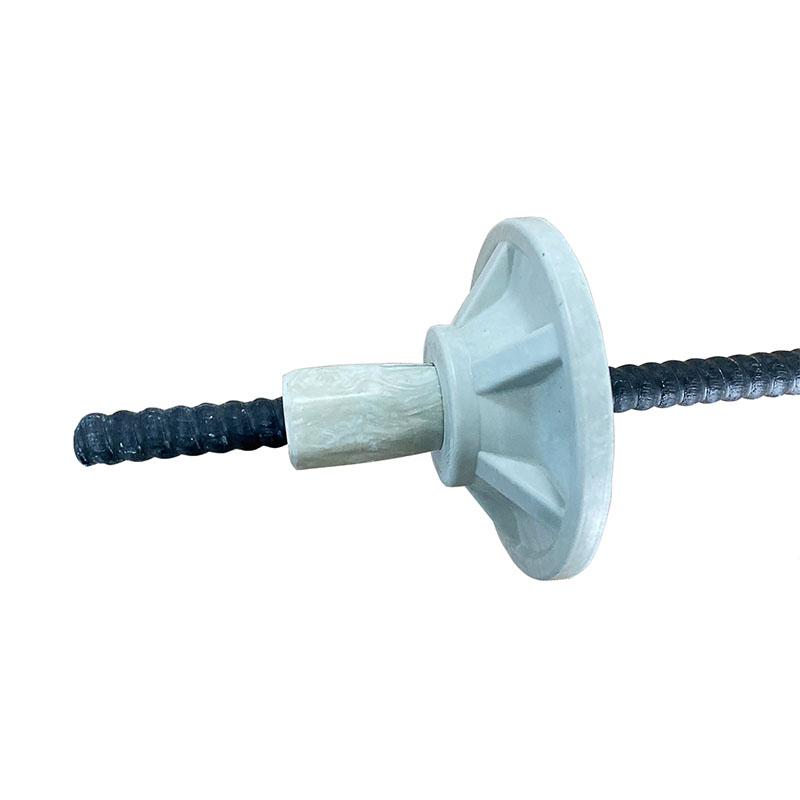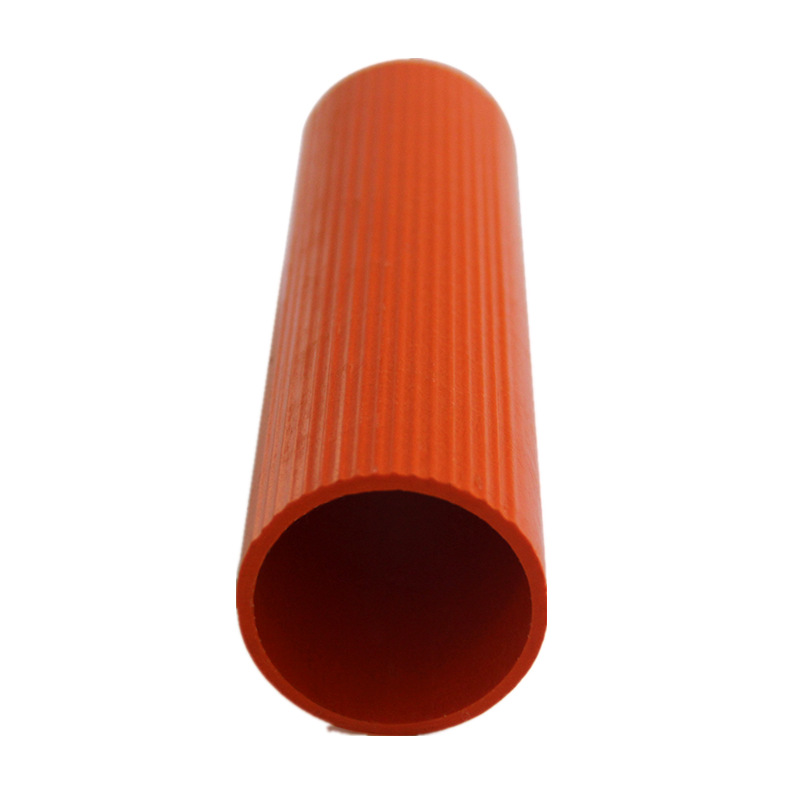Highway construction is an intricate process that requires careful planning and execution to ensure long-term durability and safety. Among the many materials used in this process, Glass Fiber Reinforced Polymer (GFRP) rebar has emerged as a game-changer, revolutionizing the way we approach highway construction and maintenance.
In this article, we will explore the various ways in which GFRP rebar is enhancing highway durability and paving the way for more resilient and sustainable infrastructure.
But first, let’s take a look at the market size for GFRP rebar.
Market size for GFRP rebar
The global GFRP rebar market size was valued atUSD 117.1 millionin 2022 and is expected to expand at a compound annual growth rate (CAGR) of 7.3% from 2023 to 2030.
This growth is driven by the increasing demand for lightweight, corrosion-resistant materials in construction and infrastructure projects, as well as the need for sustainable and eco-friendly alternatives to traditional steel reinforcement.
GFRP rebar: what is it?
GFRP rebar, or Glass Fiber Reinforced Polymer rebar, is a high-strength, lightweight alternative to traditional steel reinforcement bars.
It is made by combining a polymer resin with glass fibers, creating a composite material that offers superior durability, corrosion resistance, and tensile strength.
Unlike steel, GFRP rebar does not corrode or rust, making it ideal for use in harsh environments such as coastal areas, where exposure to saltwater can cause steel rebar to deteriorate rapidly.
Additionally, its lightweight nature makes it easier to handle and install, reducing labor costs and improving overall efficiency.
Benefits of GFRP rebar for highway construction
Corrosion resistance
One of the most significant benefits of using GFRP rebar in highway construction is its exceptional corrosion resistance. Traditional steel rebar is susceptible to corrosion when exposed to moisture, salt, and other environmental factors, leading to costly repairs and maintenance.
In contrast, GFRP rebar is immune to corrosion, ensuring the longevity and durability of the highway infrastructure. This resistance to corrosion also makes GFRP rebar an ideal choice for use in coastal areas, where exposure to saltwater can be particularly damaging to steel rebar.
Lightweight and easy to handle
Another advantage of GFRP rebar is its lightweight nature, which makes it easier to handle and install compared to traditional steel rebar. This can help reduce labor costs and improve overall efficiency on the construction site.
Additionally, the lightweight properties of GFRP rebar allow for more efficient transportation and storage, further reducing costs and streamlining the construction process.
High tensile strength
GFRP rebar also boasts high tensile strength, making it a reliable and durable option for reinforcing concrete structures. Its superior strength-to-weight ratio allows for the use of smaller diameters, reducing material costs without compromising on performance.
This high tensile strength also enables GFRP rebar to withstand heavy loads and extreme weather conditions, ensuring the safety and stability of the highway infrastructure over time.
Resistance to alkali
In addition to its corrosion resistance, GFRP rebar is also resistant to alkali, making it suitable for use in alkaline environments such as concrete. This resistance to alkali helps to prevent the degradation of the rebar over time, further enhancing the durability and longevity of the highway infrastructure.
Reduced maintenance and repair costs
Perhaps one of the most significant benefits of using GFRP rebar in highway construction is the potential for reduced maintenance and repair costs. Its corrosion resistance and durability mean that GFRP rebar is less likely to require repairs or replacements over time, saving money and resources in the long run.
Additionally, the lightweight nature of GFRP rebar makes it easier to replace and repair, further reducing maintenance costs and downtime.
GFRP rebar applications in highway construction
Bridge decks
One of the most common applications of GFRP rebar in highway construction is in bridge decks. The corrosion resistance of GFRP rebar makes it ideal for use in this environment, where exposure to moisture and salt can cause traditional steel rebar to deteriorate rapidly.
By using GFRP rebar in bridge decks, engineers can ensure the longevity and durability of the structure, reducing the need for costly repairs and maintenance over time.
Highway barriers
GFRP rebar is also used in the construction of highway barriers, such as guardrails and noise barriers. Its corrosion resistance and durability make it an ideal choice for these applications, where exposure to harsh environmental conditions can cause traditional steel rebar to deteriorate rapidly.
By using GFRP rebar in highway barriers, engineers can ensure the safety and stability of the infrastructure, reducing the need for repairs and replacements over time.
Pavements
In addition to bridge decks and highway barriers, GFRP rebar is increasingly being used in pavement construction. Its high tensile strength and resistance to alkali make it an ideal choice for reinforcing concrete pavements, ensuring their durability and longevity.
By using GFRP rebar in pavement construction, engineers can create smoother, more even surfaces that are less prone to cracking and deterioration, improving the overall quality and safety of the highway infrastructure.
Retaining walls
Finally, GFRP rebar is commonly used in the construction of retaining walls. Its corrosion resistance and durability make it an ideal choice for this application, where exposure to moisture and soil can cause traditional steel rebar to deteriorate rapidly.
By using GFRP rebar in retaining walls, engineers can ensure the stability and longevity of the structure, reducing the need for repairs and maintenance over time.
Conclusion
GFRP rebar is revolutionizing the way we approach highway construction and maintenance, offering a range of benefits that traditional steel rebar simply cannot match.
Its corrosion resistance, lightweight nature, high tensile strength, resistance to alkali, and potential for reduced maintenance and repair costs make it an ideal choice for a wide range of applications, from bridge decks to retaining walls.
As the demand for more durable, sustainable, and efficient infrastructure continues to grow, GFRP rebar is poised to play a critical role in shaping the future of highway construction.




























